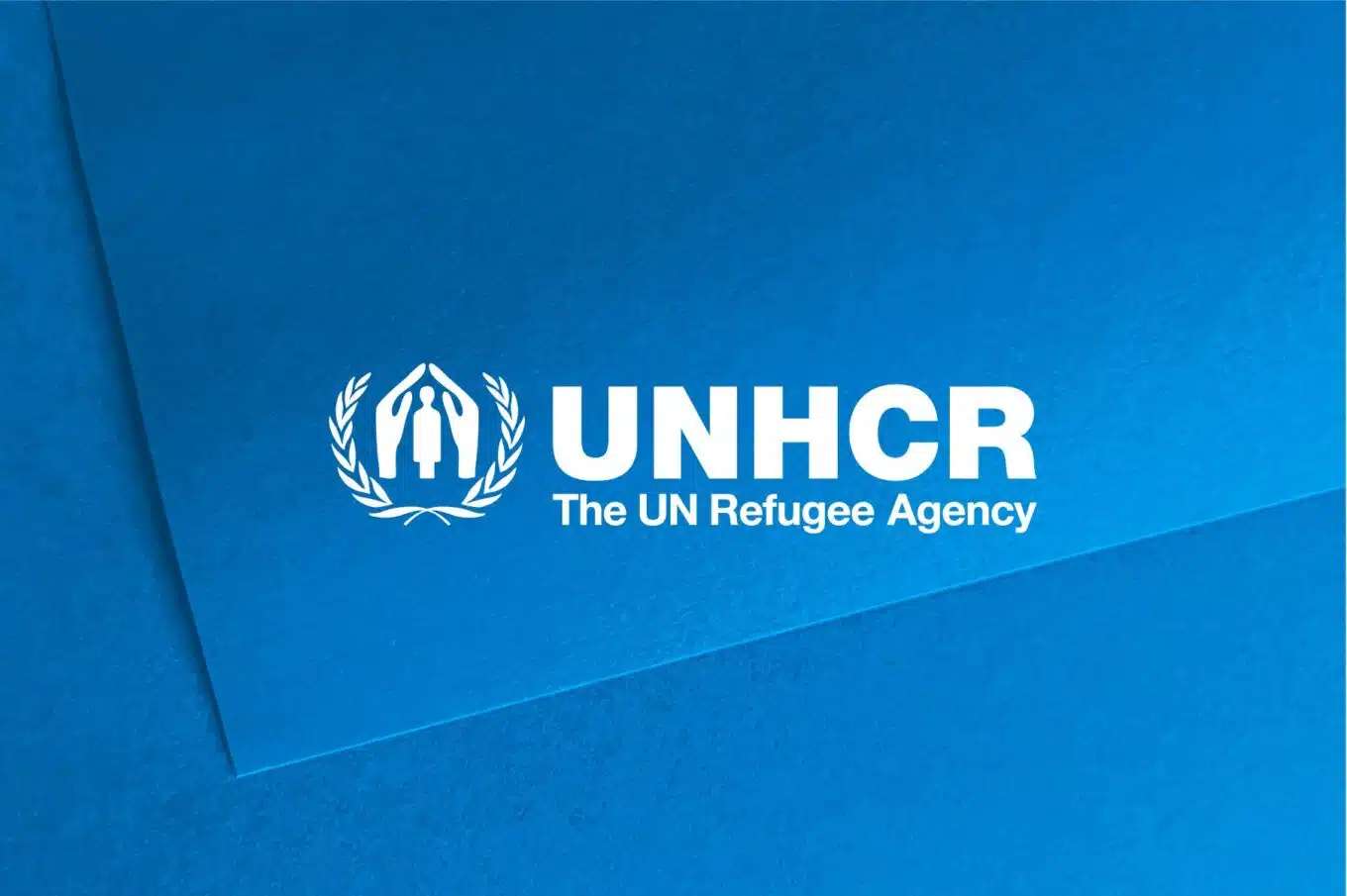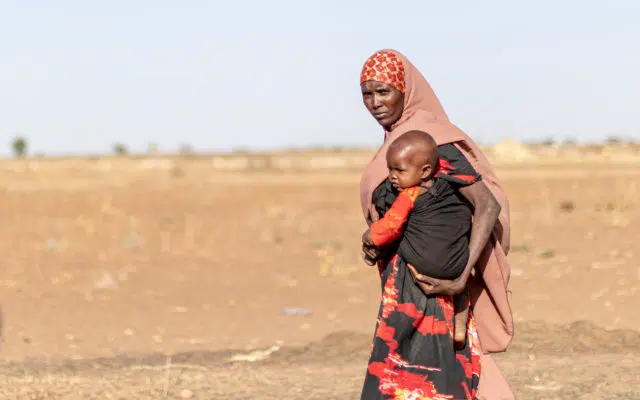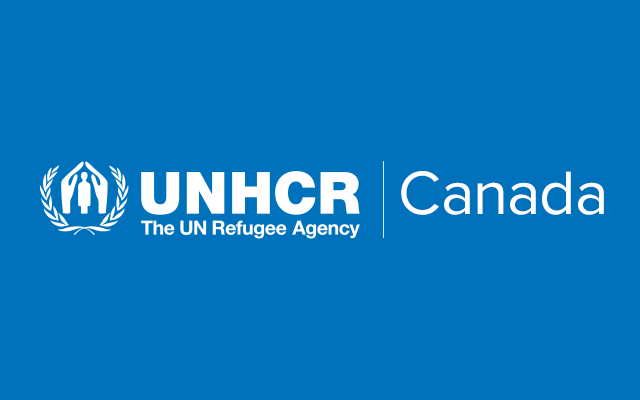GENEVA – UNHCR, the UN Refugee Agency, extends its appreciation to the Government and people of São Tomé and Principe for their commitment to ending statelessness through the recent accession to two statelessness conventions.
On 15 January, São Tomé and Príncipe formally deposited its instruments of accession to the 1954 Convention relating to the Status of Stateless Persons and the 1961 Convention on the Reduction of Statelessness. This significant step positions São Tomé and Príncipe as the 98th State Party to the former and the 80th State Party to the latter, showcasing the nation’s unwavering political will to tackle the root causes of statelessness and actively contribute to global efforts working towards eradicating this pressing issue.
“São Tomé and Principe’s accession to these statelessness conventions is highly commendable, reflecting its dedication to preventing and resolving statelessness and upholding the rights and dignity of stateless people. This milestone significantly contributes to the international community’s endeavors to address statelessness,” said the UNHCR Regional Director for West and Central Africa, Abdouraouf Gnon Konde.
This remarkable development aligns with UNHCR’s ongoing #IBelong campaign, a global initiative to end statelessness, and coincides with the transition to the Global Alliance to End Statelessness.
Stateless people face barriers to fundamental human rights such as education, healthcare, marriage, and employment opportunities. Over 4.4 million individuals in 95 countries are reported to be stateless or of undetermined nationality according to UNHCR’s annual statistics. The actual global figure is believed to be considerably higher, reflecting the pervasive invisibility of stateless people in national population data.
While specific data on statelessness in São Tomé and Principe is currently unavailable, including assessments of potential causes and challenges faced by stateless people in accessing rights and services, the accession to the two statelessness conventions provides a robust foundation for collaborative efforts to address these gaps.
“São Tomé and Principe’s ratification is a display of the unwavering resolve to establish an adequate legal framework that ensures the right to nationality of all. This follows their pledge to promote regional advocacy for the rights of refugees, stateless and internally displaced people at the 2023 Global Refugee Forum in December,” said the UNHCR Representative for São Tomé and Principe, Olivier Guillaume Beer.
UNHCR stands ready to support São Tomé and Príncipe in translating this commitment into tangible actions to prevent and address statelessness, fostering a more inclusive society and further positive impacts on the lives of stateless individuals in the region.
Notes for editors
The international legal definition of a stateless person is “a person who is not considered as a national by any State under the operation of its law.” Stateless individuals may be born without nationality or become stateless later in life. The consequences of statelessness are profound, impacting basic human rights, including access to education, healthcare, marriage, and employment opportunities. UNHCR’s #IBelong campaign seeks to end statelessness and is accompanied by a Global Action Plan to End Statelessness – a guiding framework made up of 10 actions that need to be taken to end statelessness. As the campaign comes to an end this year, UNHCR is set to launch the Global Alliance to End Statelessness, which is a multistakeholder platform that brings together governments, UN agencies, regional and civil society organizations, along with organizations led by stateless people, all sharing a collective commitment to eradicate statelessness.
Media contact
- In Geneva, Eujin Byun, byun@unhcr.org, +41 79 747 8719






